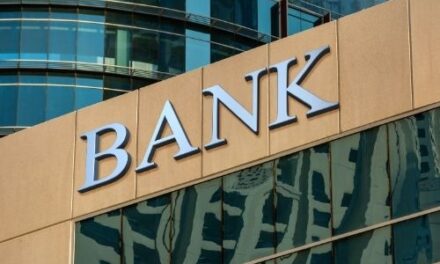The European’s Commission economic sentiment indicator rose more than expected in March, with inflation expectations creeping higher. All of this is not sufficient for the ECB to change course as the economy still needs support, but chances that PEPP might be extended after March 2022 are getting slimmer
Surging sentiment
The European Commission’s economic sentiment indicator surged to 101 points in March from 93.4 in February, and that was much better than expected as the consensus was 96. It is the first reading above its long term average since the outbreak of the pandemic.
Among the bigger member states, all countries saw higher sentiment figures, with the largest confidence increase on record in Germany. In all sectors, confidence improved, but the services sector stood out, with a 7.7 point jump. The employment expectations indicator picked up in industry, services, construction and the retail sector, probably boosted by swelling order books, suggesting that a recovery is now clearly underway.
That said, the figures might paint the economic situation slightly rosier than it is, as the survey was done in the first half of the month before some countries announced more tightening of lockdown measures. But that doesn’t take away the fact that forward-looking indicators point to a growth pick-up in the second quarter, after a still shaky first quarter.
Inflation expectations are creeping higher
With strong international demand for goods and strained supply chains leading to increased prices for commodities, intermediate goods and transport prices, it doesn’t surprise us that selling price expectations in industry jumped to the highest level since 2011. But also in construction, retail and even the services sector, selling price expectations increased significantly. To be sure, in services, price expectations remain below their long term average, but in all other sectors, they are now above.
The deflationary impact of the pandemic is now disappearing quite rapidly and inflation is likely to touch 2% in the course of 2021. Whether this is the start of an upward trend is far from sure. Some of the strains in supply chains will disappear in the course of the year, and energy prices are not expected to rise significantly further. Consumer price expectations also increased in March but are now at their long term average.
All of this is not sufficient for the ECB to change course. The economy still needs support, but chances that the PEPP might be lengthened after March 2022 are getting slimmer.





